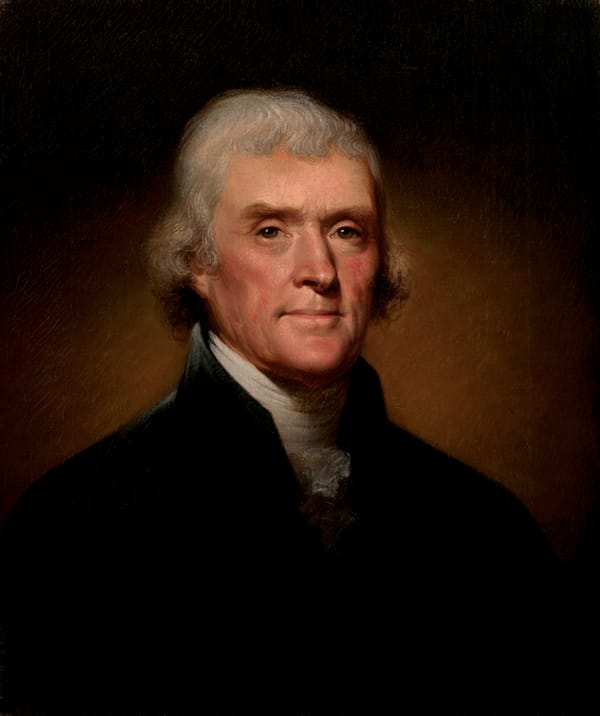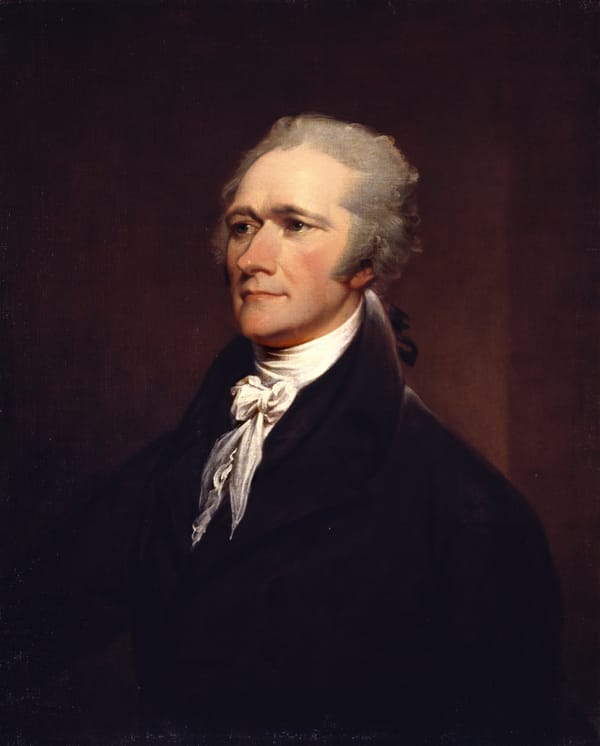What is Constitutional Philosophy?
This site's tagline declares it the "musings of a constitutional philosopher." But what is a constitutional philosopher? Well naturally enough it's someone engaged in constitutional philosophy. But what is that?
So far as I can tell – and I have done a bit of poking around on this – no one other than me has ever used that exact term. It is intended to describe a field of study that runs the gamut from constitutional law as such to pure normative political theory, and, to some extent, to emphasize the connections among those subfields. So, I will be writing about:
- Constitutional law.
This one may be pretty familiar. As much as I've turned toward political theory in recent years, I have not at all forsaken my roots in constitutional law, and I do not intend to. Questions of constitutional law are frequently of paramount public interest – I write this in late June, the Supreme Court is about to take a torch to our con law casebooks yet again – and even the more esoteric ones are of immense intellectual interest. At least, they are to me, and if you're reading this then you probably share that disposition at least a little bit. I am a big believer in the idea that a decision might be correct or incorrect as a matter of law, not just "good" or "bad" in a more general sense. And when I write about constitutional law as such, that will be what I am trying to discern. What does our Constitution mean? How ought we resolve the myriad decisions it continually presents us with? Etc. - Constitutional theory.
There are two things "constitutional theory" could mean. Both are within the compass of constitutional philosophy, but what I mean in this bullet point is essentially the theory of how we ought to go about the enterprise described above. How do we tell what the Constitution means? What methods and materials ought those tasked with making constitutional decisions employ in making them? On these matters I am largely a disciple of Philip Bobbitt, and coming from the Bobbitt tradition I find an awful lot of the public discourse about constitutional theory just plain tiresome. But there is a lot of interesting stuff to be said, and I will try to say some of it here, as well as pointing out when the Discourse is, uhhhh, less worth engaging with.
Note that this subfield includes the question of how normative political philosophy should or should not bear on the task of legal interpretation as such. - The American political creed.
This is the least significant of the four subdivisions I am identifying here, but it is worth calling out separately because it does not quite fold into any of the others. By this I mean trying to understand the political philosophy upon which the American Constitution rests. This is more than slightly relevant for doing legal interpretation, but it's not the same thing; it's not even necessarily the same thing as "historical argument." It's also not the same as the fourth and final subfield, which is not about understanding how James Madison thought about politics but rather about forming our own views on those same matters. - Democratic political theory.
Again this one is kind of self-explanatory. Political philosophy goes back well over two thousand years; it is the enterprise of trying to answer questions along the lines of "how ought society be organized?" or "who ought to rule?" The official position of this site is, of course, that those questions ought broadly be speaking be answered along liberal-democratic terms, though there is plenty to be said about what exactly that means. It is also my view that a lot of democratic political theory would do well to frame itself a bit more around the question "what ought our constitutions look like?" This is the other sense of "constitutional theory" alluded to above, and it is part of why I think "constitutional philosophy" makes sense as an integrated field of study. An appreciation of constitutions as legal instruments can help actuate political theory discussions that can otherwise get pretty abstract.
There is another reason why the two should be taken together: the American Constitution is not set in stone. It is, broadly speaking, up to us what it should look like going forward. In order to know how we ought to change our Constitution, we need to know both what it ought to look like and what it currently looks like. Each side has to inform the other.

